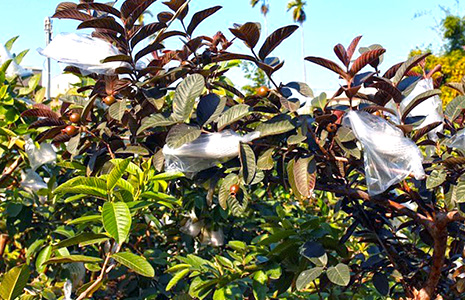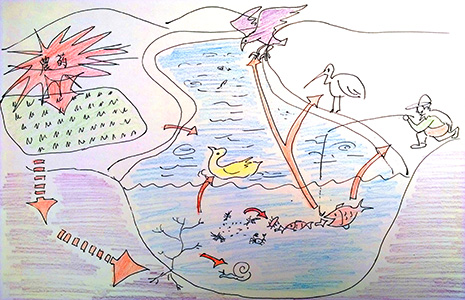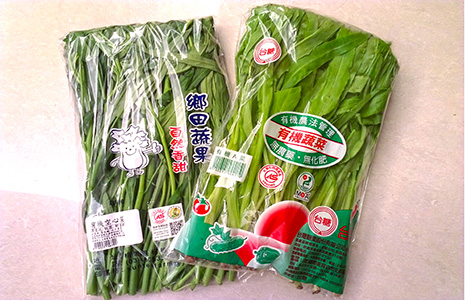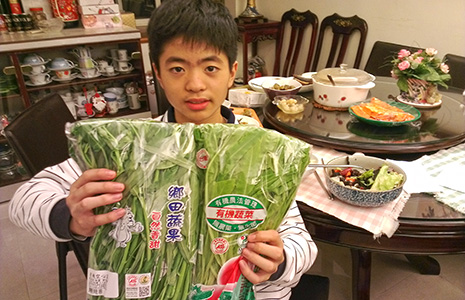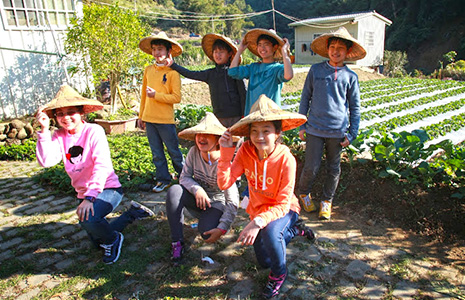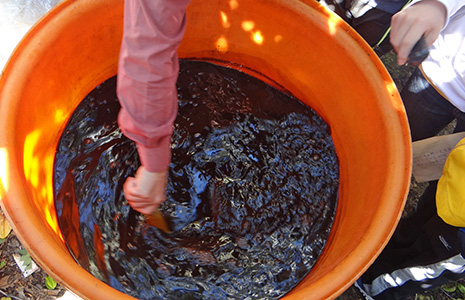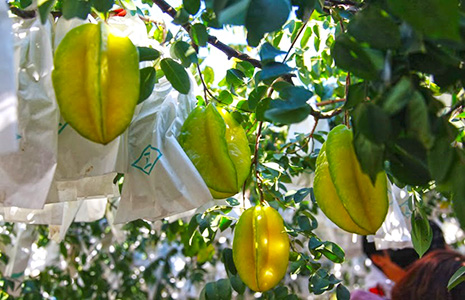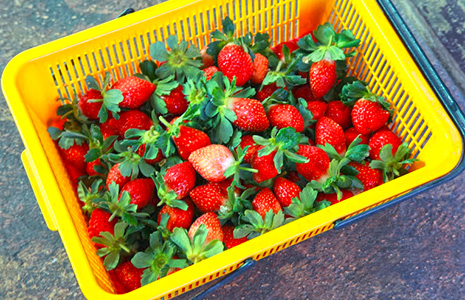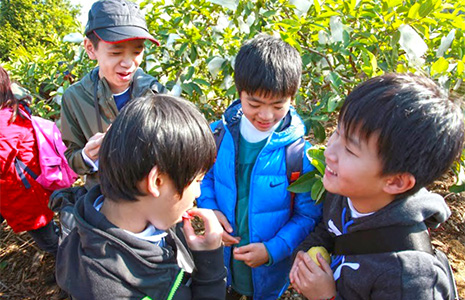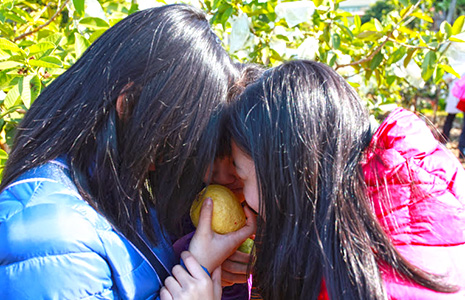 |
 |
 |
 |
 |
|||

1) Organic agriculture Organic agriculture covers all kinds of farming which goes green and is beneficial to the earth and the mankind. In short, it is a way of farming that does not pollute the environment nor does damage to the eco-system while providing us healthy and safe farm produce. Upon searching through Internet, we have found that according to the Council of Agriculture, any agriculture cannot be named as organic agriculture unless it emphasizes sustainability of natural resources, land conservation and ecosystem balance and sprays no synthetic chemicals in the process of farming.
In the regard of pest control, organic agriculture proves much better than traditional farming as it employs bags, plates or light traps to prevent pests rather than using chemicals to attack pests and insects. Organic agriculture uses organic fertilizers instead of chemical fertilizers so as to lessen the burden off the environment, improve the soil, and avoid “water bloom” in rivers. Moreover, organic fertilizers won’t harm the ozone layer as chemicals do, which damages the ozone layer, lets the ultraviolet into the atmosphere, and does harm to the lives of all living on earth. Lastly, organic farming emphasizes mixed cropping, intercropping, and rotation of crops, so as to have a fuller coverage of the land, improve the earth’s filtration and moisture and prevents the washouts from the soil. It is not only healthy but environmentally friendly. Without chemical pesticides, disinfectants, and chemical fertilizers, organic farming is much better for human health. Without use of chemical fertilizers, there is no trace of nitrite to be found, which has proved a potential risk factor that causes cancer, in the vegetables.
2) Toxin-free agriculture “Toxin-free” refers to lack of toxins. Although the standards for toxin-free agriculture are not as strict as those of organic agriculture, the Council of Agriculture, Executive Yuan has stipulated a safety amount standard to supervise the remaining chemicals and toxins and would send its staff to examine the actual condition of toxins which are remained in fruit and vegetables on the market so as to ensure the public health. Such toxin-free standards are implemented in the strictest way for the benefit of the public. This time we paid a visit to an orchard, where the owner uses enzyme fertilizers made from guavas on the fruits.
Toxin-free agriculture needs to establish a standardized SOP and provides a traceability record, which can be seen as an ID Card for all the vegetables and fruit. The consumers may be able to grasp the name of the fruit, location, the name of the farmer and contact information as well as the date and result of inspection about its irrigation and chemicals through this traceability record. “Toxin-free farming” is not equivalent of organic farming. Actually, toxin-free farming means that the remaining residue of chemicals in the farm produce does not exceed the safe amount of that stipulated by the authority concerned. Put differently, toxin-free farming might well spray pesticides, which will evaporate or disappear in due time and will not harm the health of the consumers. Organic farming, on the other hand, is applied to a stricter standard as it shall meet the standard of organic agriculture regulations which stipulates that no chemicals or pesticides are allowed.
3) Impacts on Human and Environment
In the meantime, genetically modified food or food with sprayed chemicals might not only harm human health, but alter ecosystem food chains as well. For instance, farmers might add the genes of specific fish onto tomatoes so that tomatoes might counter against coldness in winter better and can have sold better at that time. Yet for those who are allergic to fish, such tomatoes might trigger their allergy and make them sick. With regard to ecosystem food chains, when farmers alter a kind of vegetable with gene modification technology, they are reducing the kinds of vegetables that insects may pick as source of food and might ultimately lead to extermination of some species in the long run.
References: |
|||||||||||||||||||||||||||||||||||||||||||||||||
|
